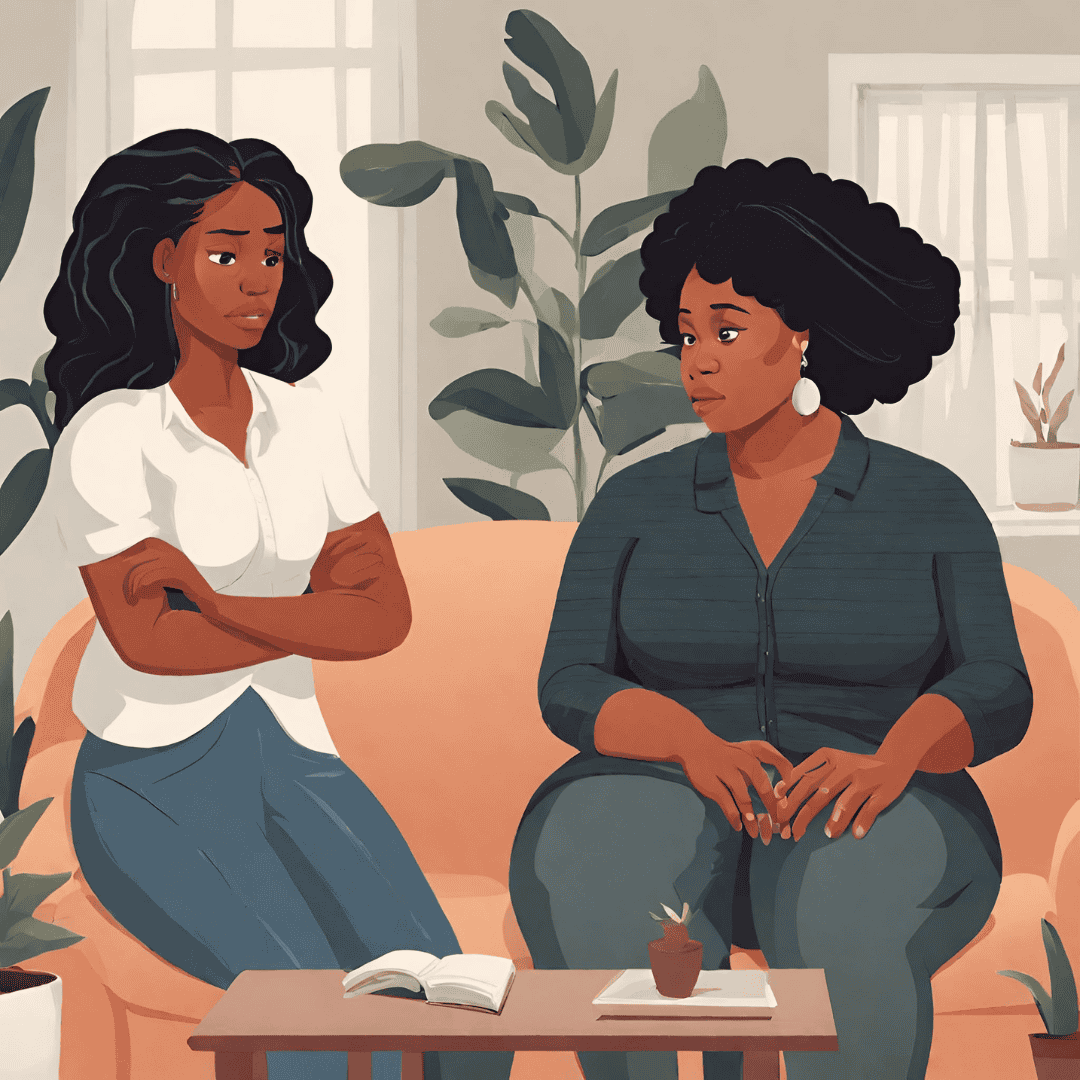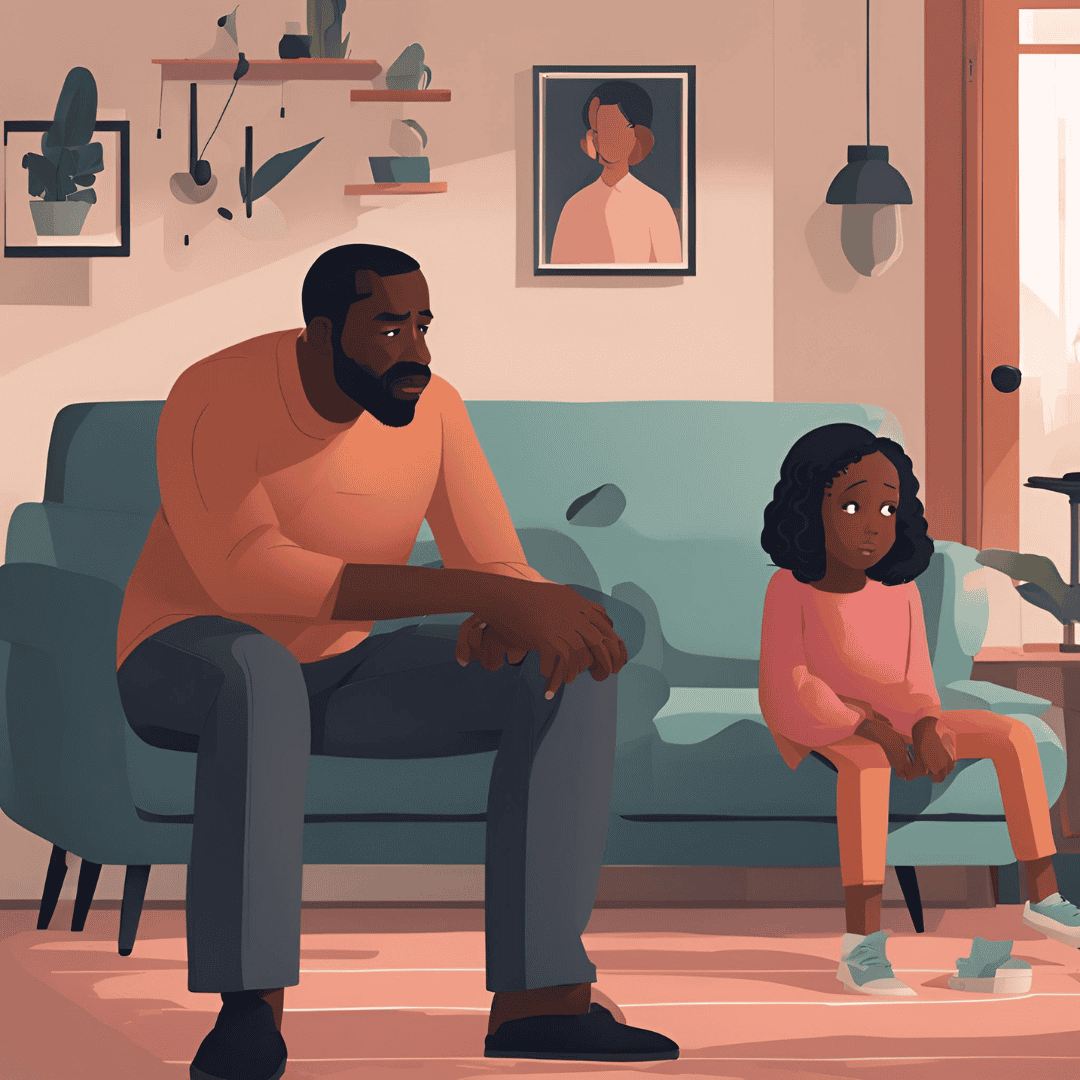
Toxic Black Father-Daughter Relationships: A Closer Look
Disclaimer: This article is an educational content based on providing information. I am not a qualified psychologist or a mental health professional. This has been written to the best of my knowledge and it may contain some errors and omissions. I have the right to change the focus of my blog at any time. Read this at your own risk.
Introduction
Delving into the 3rd topic of the toxic parenting series, this topic of toxic black fathers is essential because you don’t often hear about toxic African fathers in the black community. When fathers are physically present and take an active role in playing and communicating with their children regularly, it is beneficial for their children.
The assumption is that there will be a close relationship when there is a father in the house, this isn’t always the case because there are fathers who can be toxic, and emotionally immature and this can create a miserable environment that rejects emotional expression.
One thing we need to examine is the poor relationship fathers can have with their children and the presence of toxic masculinity in the household.
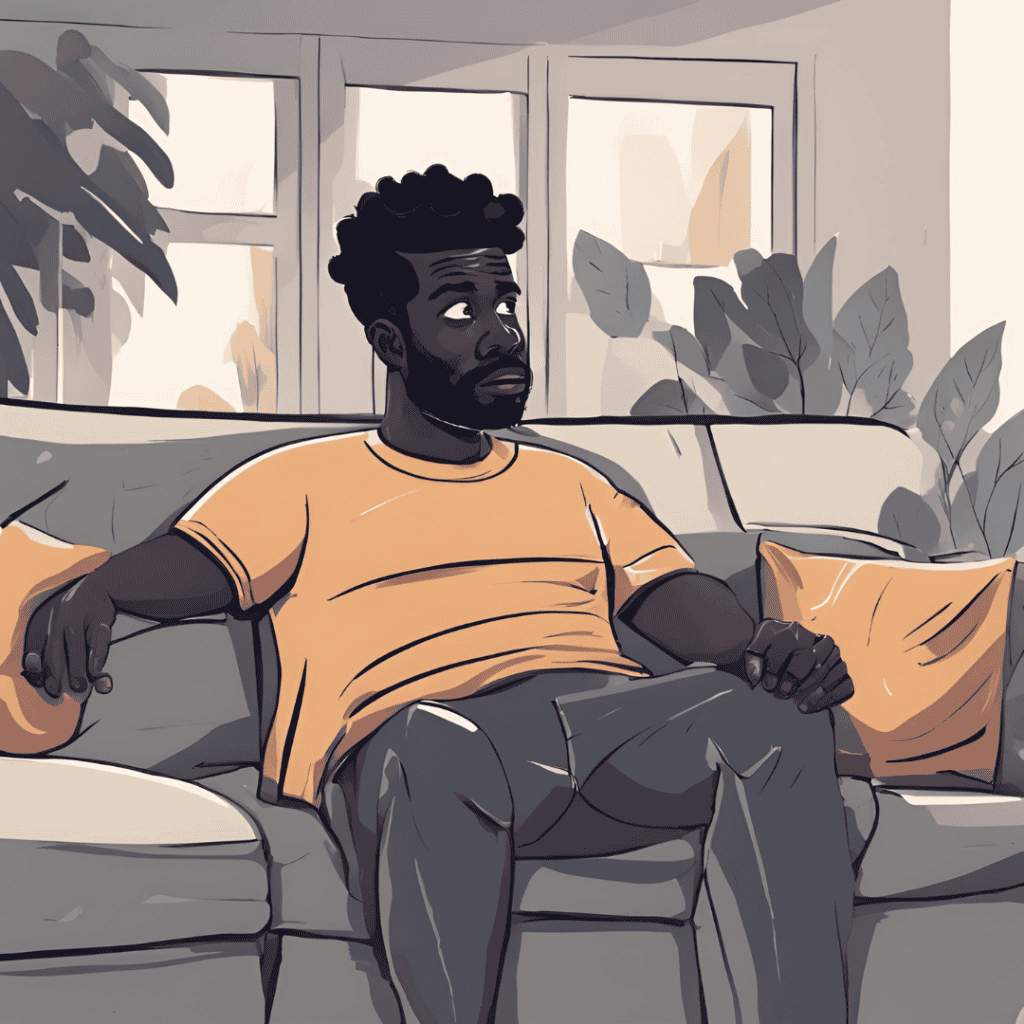
What Is Toxic Masculinity?
According to Psychology Today, “toxic masculinity is a set of rules that determines how boys and men should behave in society.” Just so we are clear, there is nothing wrong with masculinity itself, everyone has masculine and feminine energies and we need the balance.
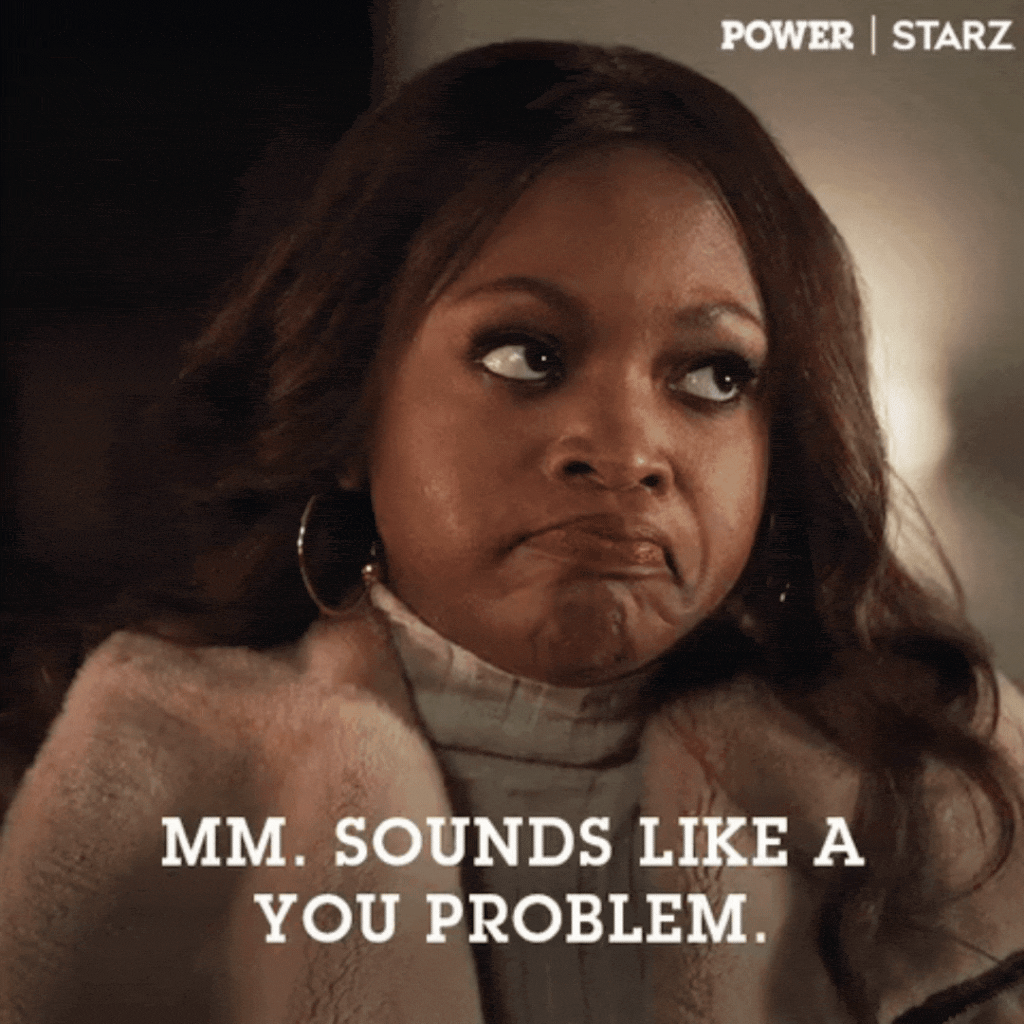
The New York Times and Psychology Today listed the rules of toxic masculinity:
- Have to be tough
- Aggressive
- Hiding emotions and distress
- Suffer in silence
- Shouldn’t ask for help or seek comfort
These set of rules have taught men that emotional expression is a weakness that connecting with your emotions is wrong and that boys don’t cry.
We know the importance of making emotional connections, when people are not allowed to cry or given space where they can express themselves it leads to severe issues.

What Are The Origins Of Toxic Masculinity?
In the 1980s, a psychologist called Shepherd Bliss analysed the idea of toxic masculinity by separating the positive and negative traits and used the term toxic masculinity as a way to differentiate the characteristics.
The results of the negative traits included “avoiding emotional expression, the need to be physically and sexually dominant and degrading women’s right to have ownership over the bodies.”
This is interesting because this study highlighted how toxic masculinity is present today and influences patriarchy because men control society, and they are the majority of governments globally including controlling the right for women to have ownership of their bodies toxic masculinity also affects people from the LGBTQ community as well.
An example of that is abortion rights and how difficult it will be for women especially black women to have access to clinics where they can have safe abortions in the USA. Men have advantages in society simply because they are male which is why they earn more money than women.
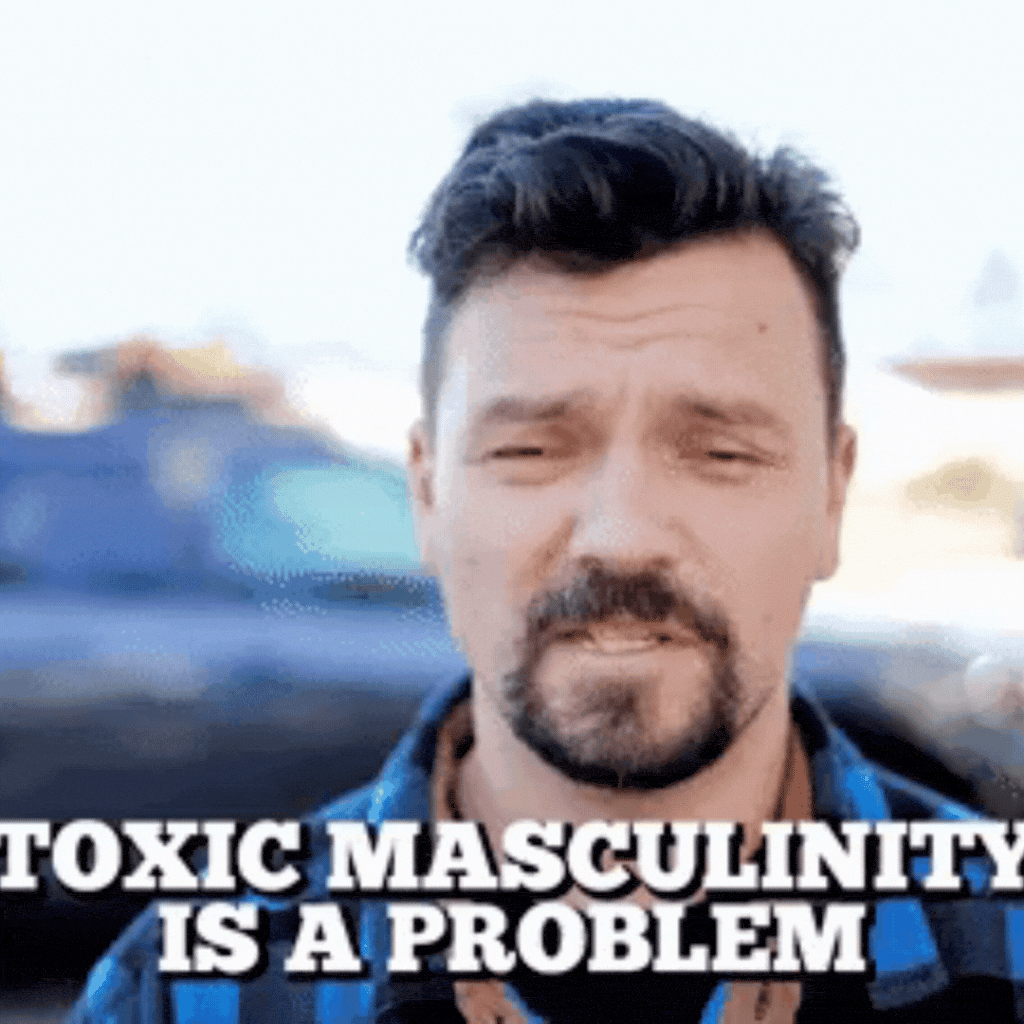
Addressing Toxic Masculine Traits in African fathers
According to VOA, Trevor Davies, the director of the African Fatherhood programme has urged black men to start taking an active role in fatherhood and not let toxic masculinity stop them from bonding with their children.
Furthermore, toxic masculinity has led to severe consequences such as gender-based violence, sexual violence and femicide which affects women globally especially black women who have to deal with these issues in some African countries. It has also been linked to the overrepresentation of men in prisons in the USA.
An article by New Lines Magazine stated that there is a growing issue of the manosphere in Kenya and South Africa. This is a group of dangerous, misogynistic men that sit online to degrade women and in the black community they disrespect and advocate for violence against black women; and do what they can to paint us as the problem when in reality it’s black men.
This is essential because there is already a huge problem of violence against women and femicide in Kenya and South Africa and there is a huge problem of sexual violence against women in the east of the Democratic Republic of Congo.
Toxic masculinity is a global issue because it is affecting everyone including father-daughter relationships in black communities. The traits and signs of a toxic father make it very difficult to form a relationship with an emotionally immature parent.
The fact that a father is willing to harm his own family whilst children are growing up, shows that there is no love, if someone abuses you there is no love, only control.
Toxic fathers who are toxic don’t spend enough time with their children, actively trying to get to know them instead there is patronising, blaming, lack of accountability, manipulation and control.
If that’s what toxic black fathers think it means to be a father, then they are truly mistaken, it doesn’t help with the fact that other factors contribute such as media, parents/upbringing and culture.
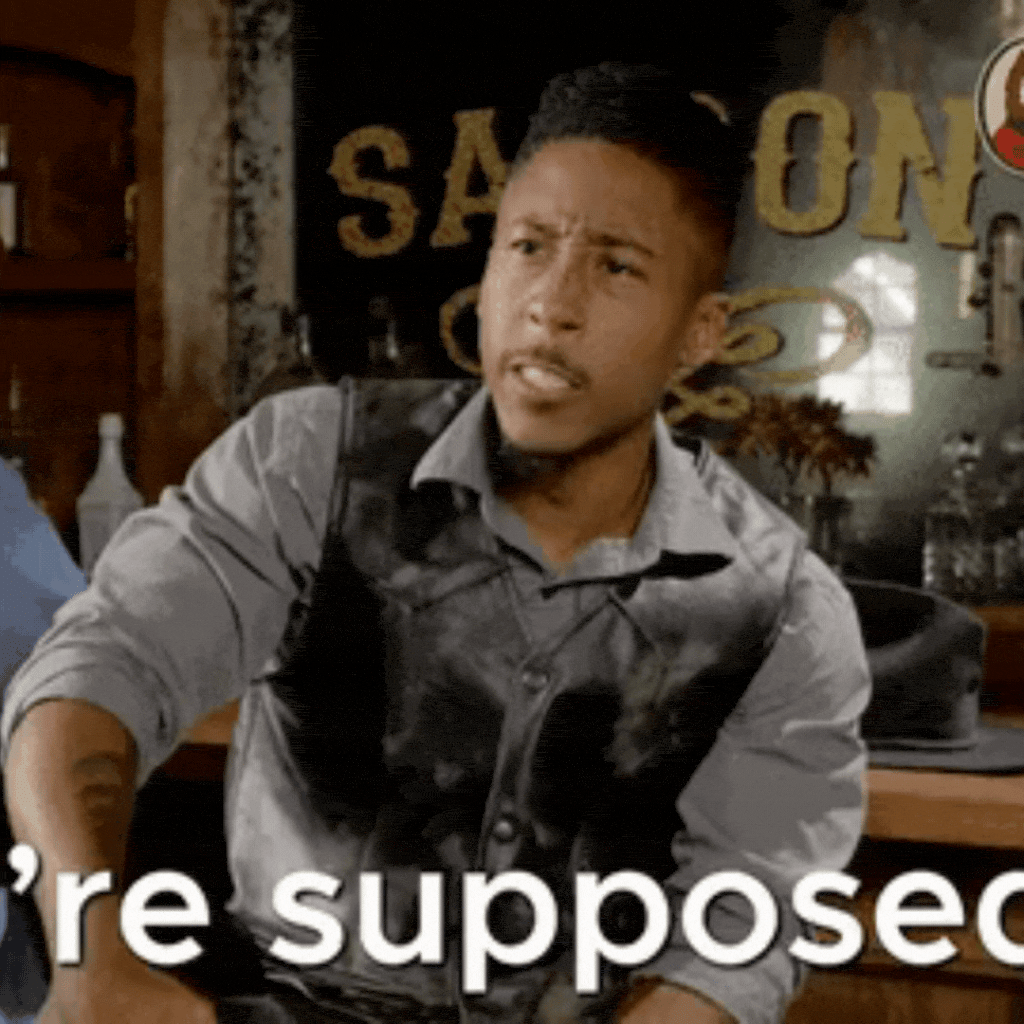
The Signs Of an Unhealthy Father-Daughter Relationship
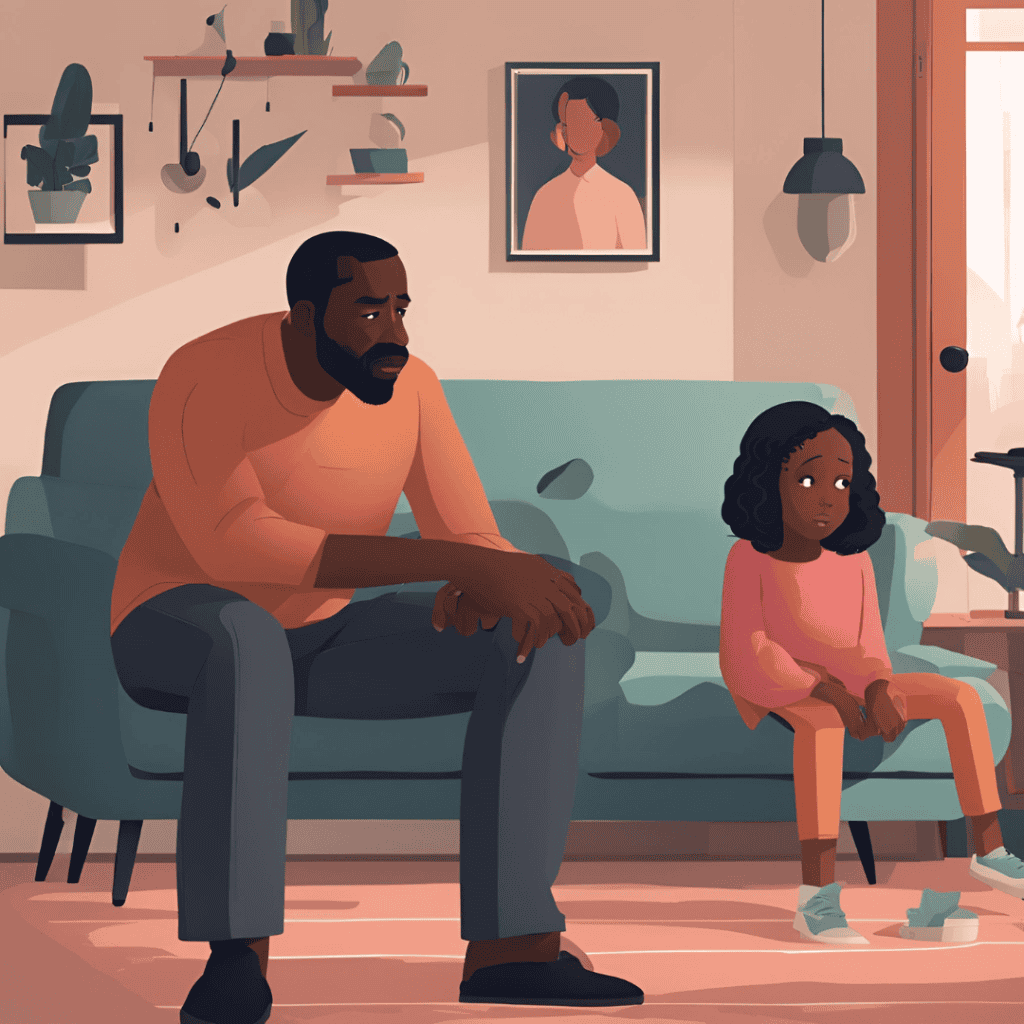
An unhealthy father-and-daughter relationship affects both the daughter and the father because the father hasn’t spent the time getting to know his children.
If his daughter is only getting negative behaviours from her father this results in the daughter who is now an adult not wanting to be in the same space as him.
Toxic fathers do not create a healthy environment where children can speak up and have their emotions validated and appreciated.
The Minds Journal included a list of signs to look out for:
- Abuse- If you had to give yourself some reassurance before you dealt with your parents and you walked on eggshells- that is a toxic sign.
- Not present emotionally- if a father is physically there and not emotionally connecting with his child then this means that he’s closed off and suppressing emotions which was highly likely taught to him when he was younger. If he’s never expressed his emotions openly or never hugged you or said I love you that is a clear sign that toxic masculinity has been passed onto him.
Psych2go added the lack of open communication- this is another clear sign because toxic African parents do not let their children have their own opinions let alone argue with them. The avoidance of emotional connection has made it difficult to connect with fathers on a deeper level which leads to broken relationships.
PureWow added other signs that affect father and daughter relationship:
- Feeling annoyed after spending time with him– if you have spent time with your father and you felt shamed, blamed, patronised or you were trying to suggest something helpful to him and that was dismissed then this is another reason why you avoid being in his presence.
- Insists on being right– he thinks his opinions matter, he’s never wrong he can mention other people’s flaws but will never admit to his flaws and traits and never take accountability for the way he raised his children.
- Selfish– Toxic fathers who are selfish do not and never consider other people’s feelings and make assumptions without understanding the child.
- Controlling– Toxic fathers are very controlling especially when it comes to clothing. There is an issue that needs to be spoken about when it comes to wearing shorts. What is it about wearing shorts that leads to disapproval and it’s not just the father’s disapproval? Even the mother can contribute to the control of their children. It has to do with controlling his daughter and only wearing clothes that are suitable for the parents which is another issue itself.
The psychological effects of growing up with toxic fathers
An unhealthy father-and-daughter relationship affects both the daughter and the father because the father hasn’t spent the time getting to know his children. The environment that was created didn’t encourage a healthy environment where children were able to speak up and have their emotions validated and appreciated.
Final Thoughts
Toxic parenting is influenced by toxic masculinity in African countries and it will continue to be an issue until there is more discussion on how toxic black fathers affect their daughter’s mental health and why it is essential to take an active role in your child’s life.
I’ve learned that it’s up to the father to make changes and that there is no point in trying to change them, they have already made their decision. What black women can do now is to start and continue healing and take steps to live a life that is beneficial for us, move forward and leave behind the toxic upbringing.
Thank you for reading this article, I hope you enjoyed reading this article and found it relatable to you. If there is a black woman that you know can benefit from this article, then feel free to share this article to them.
Don’t forget to comment below and let me know your thoughts about this article.

